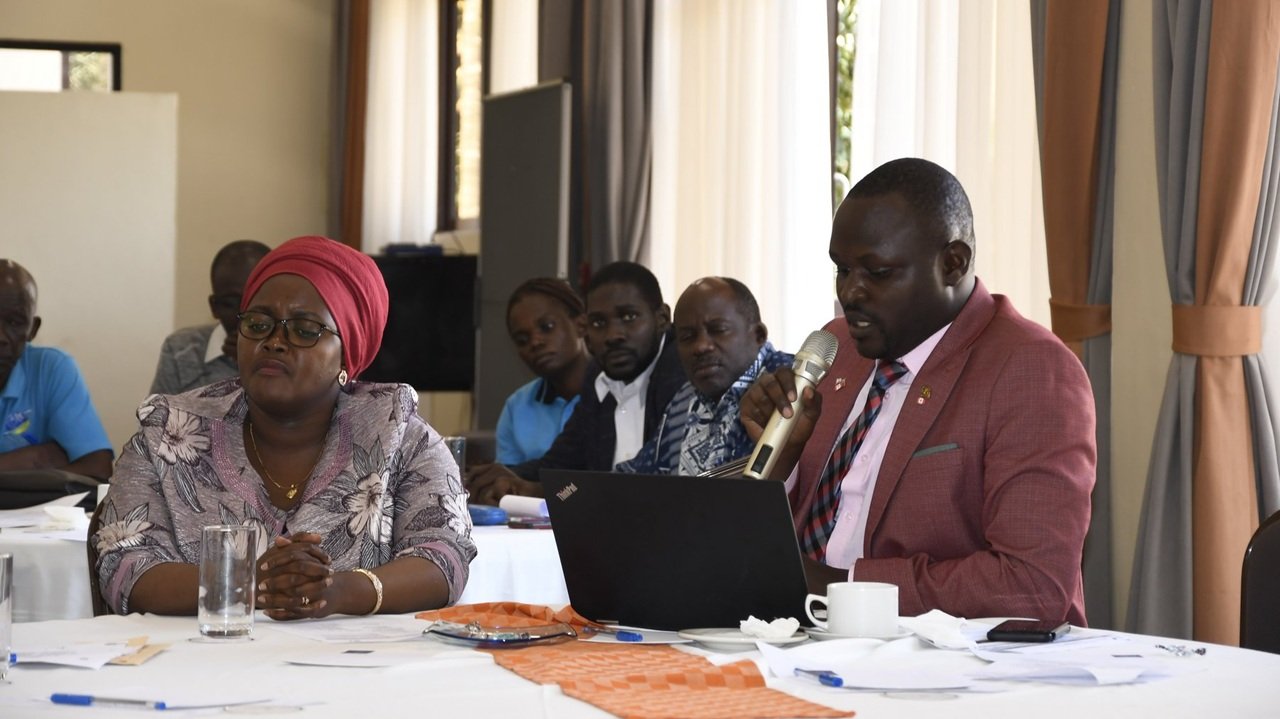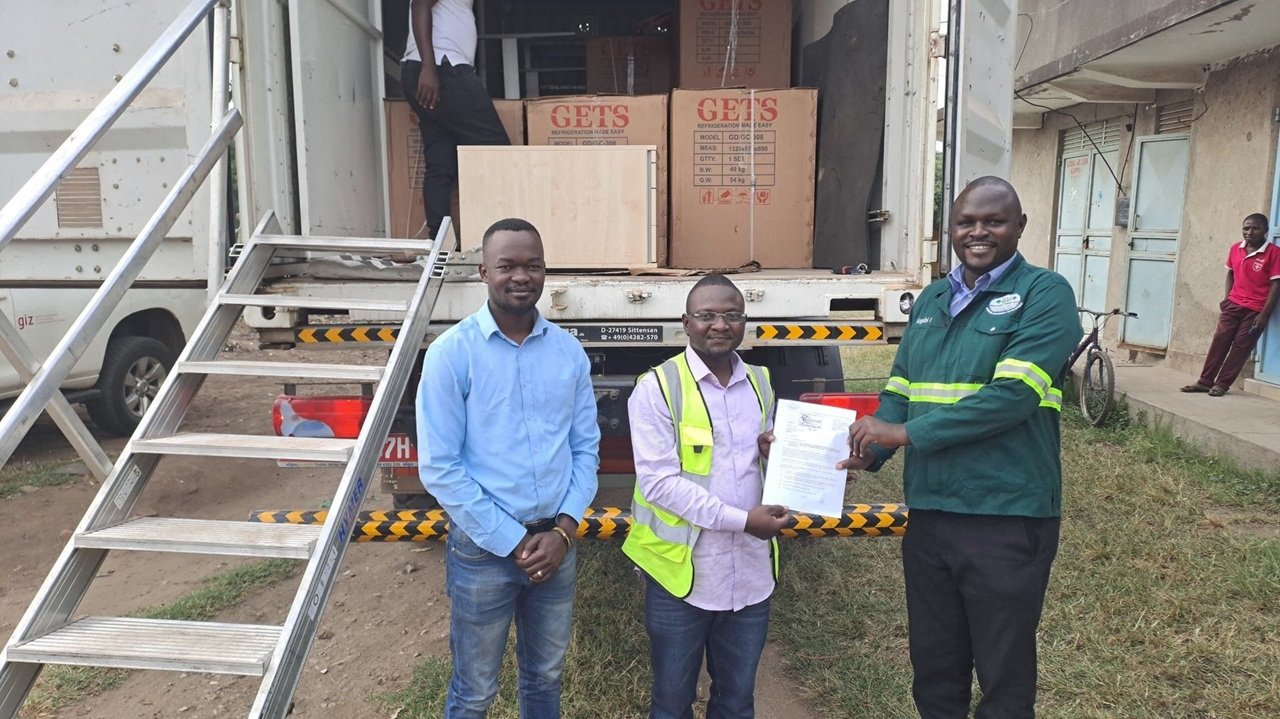The Green Cooling Initiative (GCI) III concluded in February 2025 in Uganda, marking a key milestone in the country's transition toward sustainable refrigeration and air conditioning (RAC) practices. Implemented under the GIZ Proklima programme and funded by the German Federal Ministry for the Environment (BMUV) through the International Climate Initiative (IKI), the project advanced Uganda’s efforts to reduce climate and environmental impacts from the RAC sector.
Launched in August 2021, GCI III aimed to strengthen the capacity of public and private stakeholders, promote ultra-low GWP technologies, and support Uganda’s commitments under the Montreal Protocol and Kigali Amendment. These agreements target the phase-out of ozone-depleting substances such as CFCs, HCFCs, and high-GWP HFCs.
A central focus was placed on the adoption of natural refrigerants that are per- and polyfluoroalkyl substances (PFAS)-free. Among the key project achievements was the installation of pilot air-conditioning units using R290, a natural refrigerant with ultra-low GWP, at locations including the GIZ Uganda office, the National Environment Management Authority (NEMA), and Kyambogo University. Energy efficiency data from these units was collected and assessed over two years of operation.
To improve local market access, the project collaborated with a distributor to import a container of R290 air conditioners sold at subsidised prices. The initiative also promoted international safety standards - specifically ISO 5149 and IEC 60335 - for the safe use of refrigerants.
GCI III supported regional efforts to enhance energy performance standards. Public reviews of East African Minimum Energy Performance Standards (MEPS) and labelling for domestic refrigerators and air conditioners were backed by the project to encourage efficiency improvements.
On the training front, the Uganda National Association of Refrigeration and Air Conditioning (UNARA) opened a fully equipped hydrocarbon training centre, offering subsidised technician courses. Efforts to establish Uganda’s first hydrocarbon-based supermarket refrigeration system are also underway.
Challenges such as limited access to hydrocarbon tools were addressed through partnerships that provided discounted equipment to technicians. The National Ozone Unit committed to ongoing support through technician education, refresher courses, and public awareness.
Although GCI III has concluded, stakeholders highlighted the need for further curriculum updates and policy development. The groundwork laid by the project is expected to support long-term environmental, climate, and economic gains through continued adoption of green cooling technologies in Uganda.




